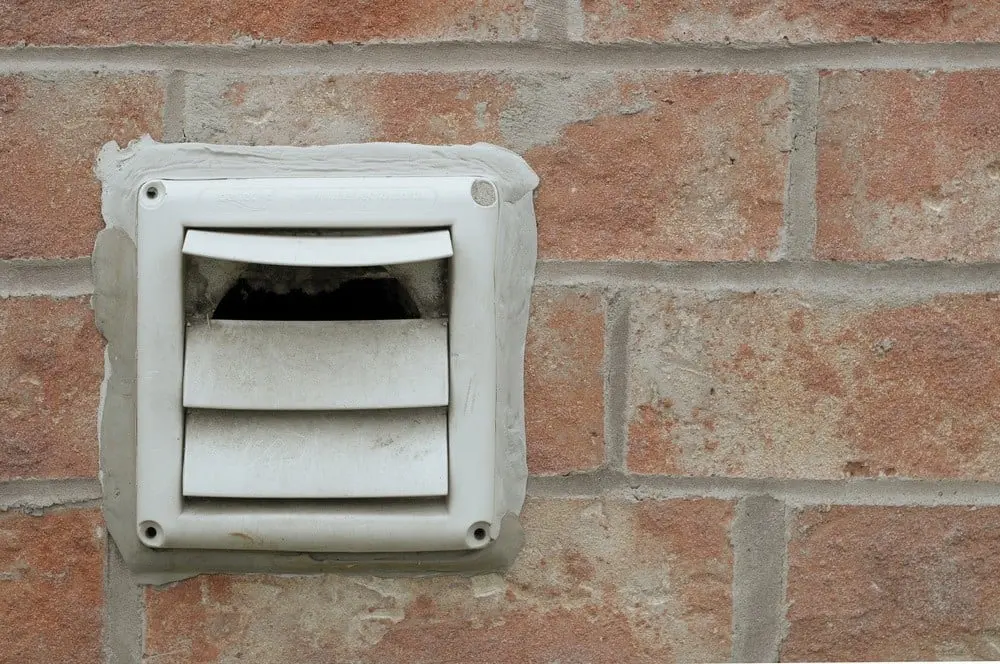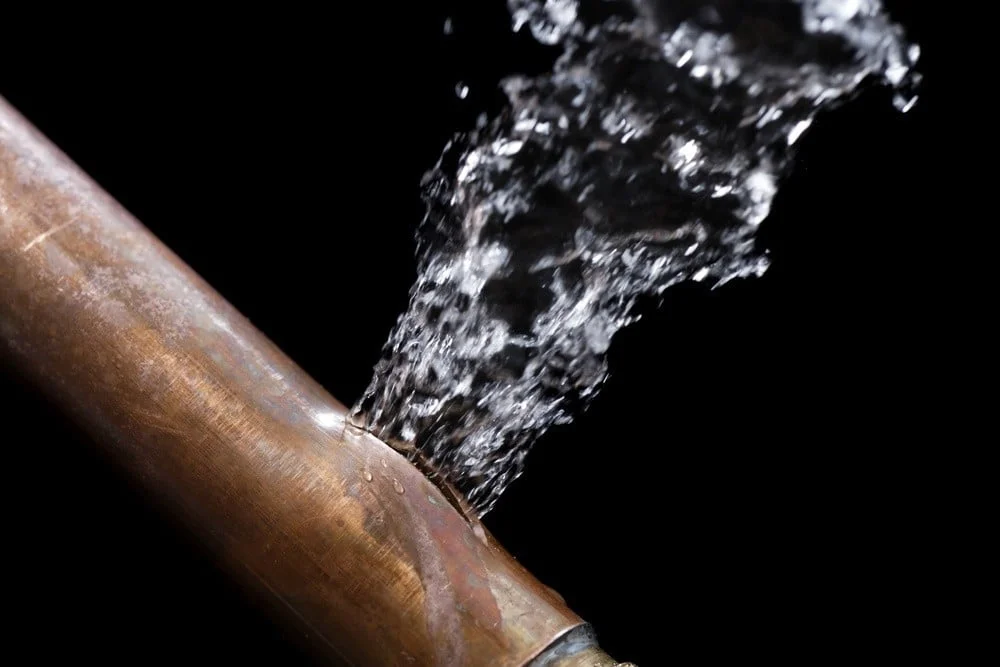If you’re a landlord of a rental property, you likely know about the paperwork you need to file, the safety expectations or landlord laws you must abide by, and licenses you need to acquire, but, as the expression goes, these to-do’s are just the tip of a very-large, metaphorical iceberg. Landlords are responsible for all the ins-and-outs of the rental property and, naturally, this includes maintenance and repairs. It’s likely you have the basics covered, but what about the lesser-known maintenance tasks?
Do you know if your tenants are watering your foundation? Or, what are the necessary steps to prevent an ice dam? If you don’t know the answers to these questions, it’s okay. There are plenty of odd maintenance tasks that landlords often forget about, so let’s treat this as your friendly refresher course.
1) Give your foundation a summertime refreshment.
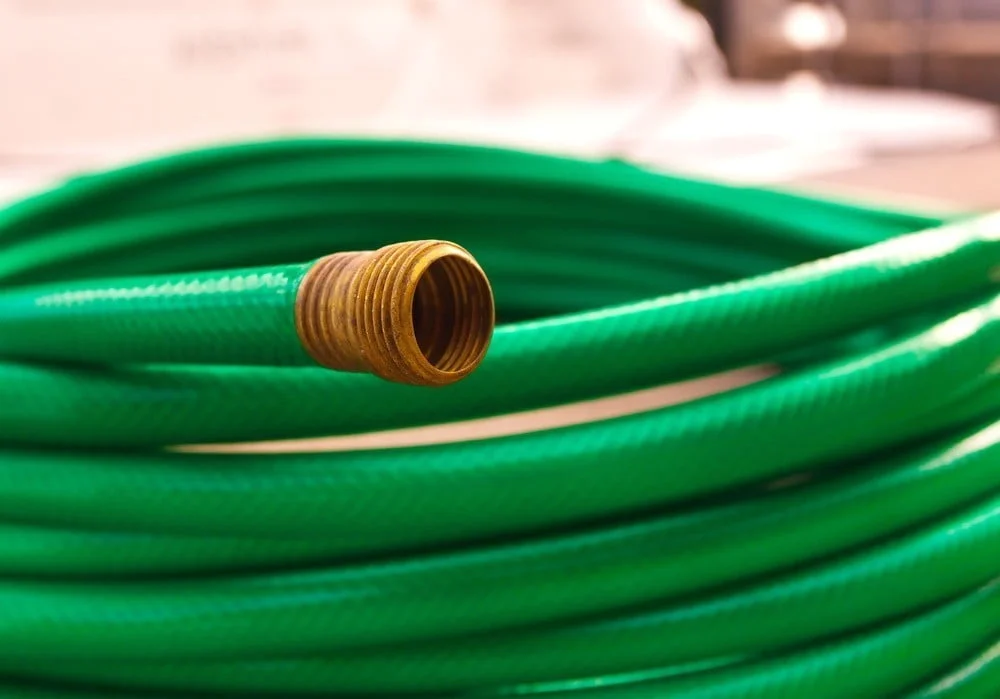
Watering your foundation is an actual maintenance task, and is often a necessity during drought season. When soil dries out, it contracts, and this is especially familiar with clay-type soil typically found in America’s southern regions. This contraction can cause the foundation to sink, and this can cause the foundation to crack. To combat this, landlords should request their tenants to “water” the foundation to prevent damage. A common strategy is to grow and water plants around the foundation or to attach a drip irrigation or hose to an outdoor faucet. To check for soil that is shrinking away under your property, take note where the ground meets the foundation. If there is a gap between the soil and the foundation, watering the ground will cause the soil to swell and close this gap.
Pro-Tip: Try giving your tenants incentive to water the foundation with a discount on the water bill or other utilities. This will end up costing you much less than an expensive foundation repair, so we suggest the sacrifice is well worth it.
2) Don’t give your pipes the cold shoulder.
Frozen pipes are a big deal and can cause severe damage. But, what, if anything, can landlords do about it? The responsibility of frozen and broken pipes is commonly thought to fall solely upon the tenant, and if the tenant fails to take precautions against freezing of pipes in cold weather, then it’s their fault, right? Not necessarily, this falls under a gray area as far as most states are concerned, and it also depends greatly on what is defined in your lease agreement. However, keep in mind that, by law, there is a requirement for landlords to provide a habitable condition for their tenants, and this includes a working plumbing and a weather-proofed dwelling.
Of course, the renters have an obligation to avoid negligence or to cause damage to your property as well, but steps should be taken by the landlord at the first sign of a cold spell. Request that the tenants keep the property at a reasonably warm temperature to help prevent any weather damage, and advice renters to keep faucets dripping during the freezing weather.
If you stay on top of your tenants and take measures to ensure reasonable use of the pipes, then hopefully this will never become an issue.
3) Keep your basement out of deep water.
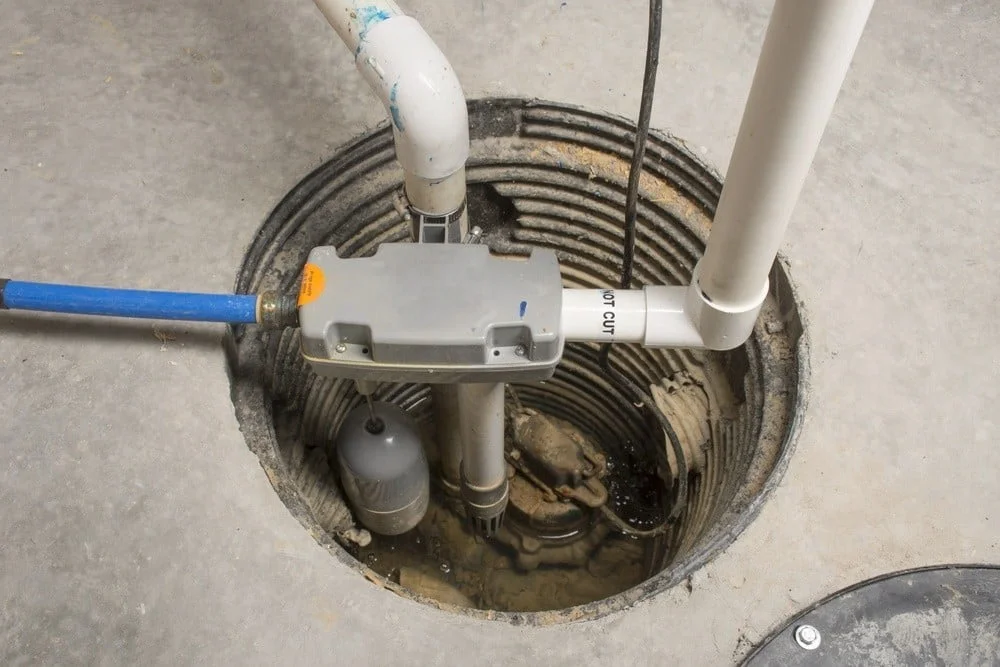
If your sump pump decides to kick the bucket without warning, this could make things tough during the spring. Generally, sump pumps are designed to turn on automatically and efficiently pump unwanted water out of flooded areas. It would be wise to stay up-to-date with maintenance on your pump and, now and then, just make sure it is still working properly. If you blindly rely on the workings of your sump pump, you could find yourself in a tight spot at a crucial time. No one wants to deal with a flooded basement.
Pro-Tip: If you have had a particularly harsh winter with heavy snowfall, double-check your insurance coverage for water damage before the snow melts. It’s a simple task that can give you some extra peace of mind.
4) Clean gutters and adequate insulation will keep you off thin ice.
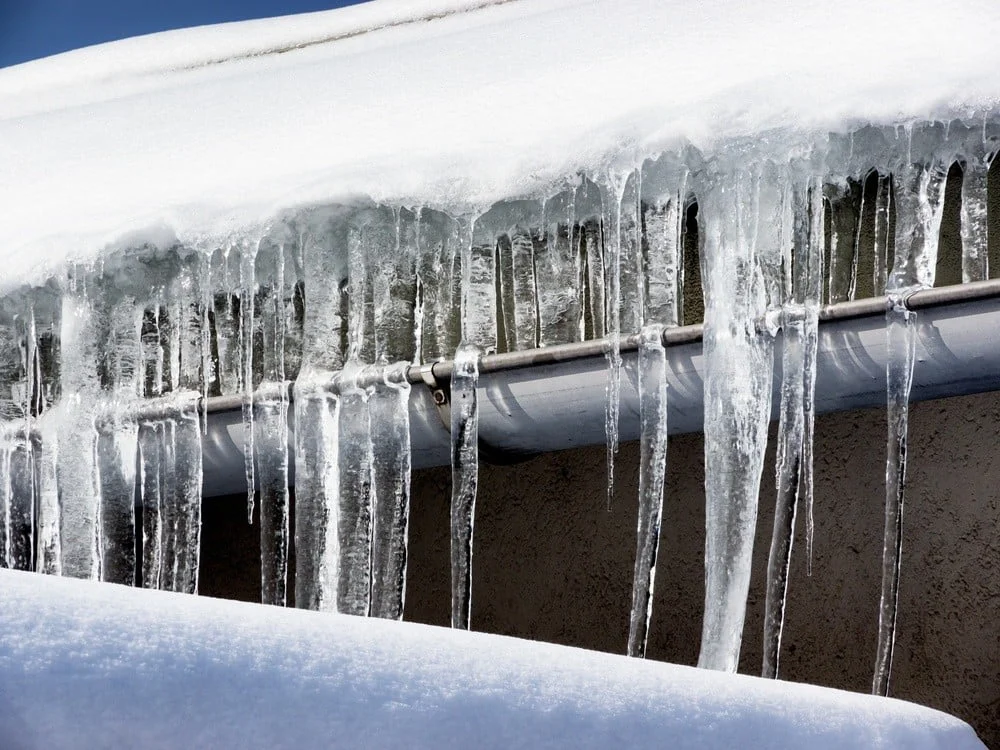
Ever heard of an ice dam? It’s not a commonly known term, but the actual occurrence is well-known, especially with your insurance agent. A combination of things cause ice dams, and it’s this culmination that can lead to a devastating roof leak or other property water damage. Here’s what happens:
During the winter, a poorly insulated roof would likely allow heat to escape. This is a problem in itself regarding energy costs, but for the sake of this lesson, let’s skip that particular issue for now. Heat escaping from the roof causes snow to melt and turn to water. This water will pool and freeze in clogged gutters, which leads to an ice overflow or a “dam” that blocks water from properly draining. If this cycle continues, water could seep into your roof and cause damage. The price tag of which, is often not a pretty one.
To prevent this nuisance, install a rolled weather guard as an extra waterproof layer under your shingles or leaky areas. Ensure your roof or attic space is properly insulated to prevent heat from escaping, and also give your gutters a quick once-over now and then. These tasks likely extended the length of your desired to-do list, but believe us when we say it is worth the effort.
5) There might be smoke, but there shouldn’t be fire.
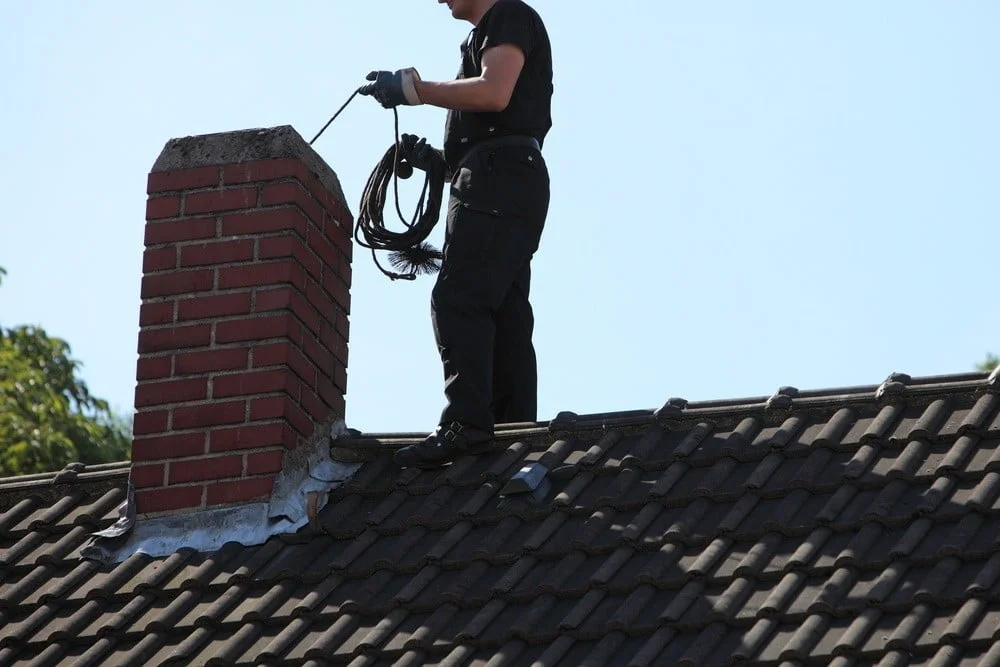
Unfortunately, it’s common for house fires to quickly start in unkempt chimneys. Neglecting maintenance of your fireplace, despite repetitive use, could create a deadly buildup of creosote. Creosote is composed of moisture, vapors, and wood tar, and it is highly flammable. If your chimney has an unchecked layer of creosote buildup, the residue could combust and start a chimney fire. Before the first use of the fireplace after the off-season, have your chimney checked over by a licensed chimney sweep. The potential danger that could result from improper maintenance is great, so avoid the threat altogether ahead of time.
Pro-Tip: When shopping for the best deal, take measures to be sure you contract a licensed chimney sweep. Verified laborers vary in price, but if the work-for-hire online classified ad is suspiciously cheap, watch your back. Look for signs of an online scammer, and you can keep your money from being stolen while also ensuring safety through quality work.
6) Neglecting dryer vents could leave you high and dry.
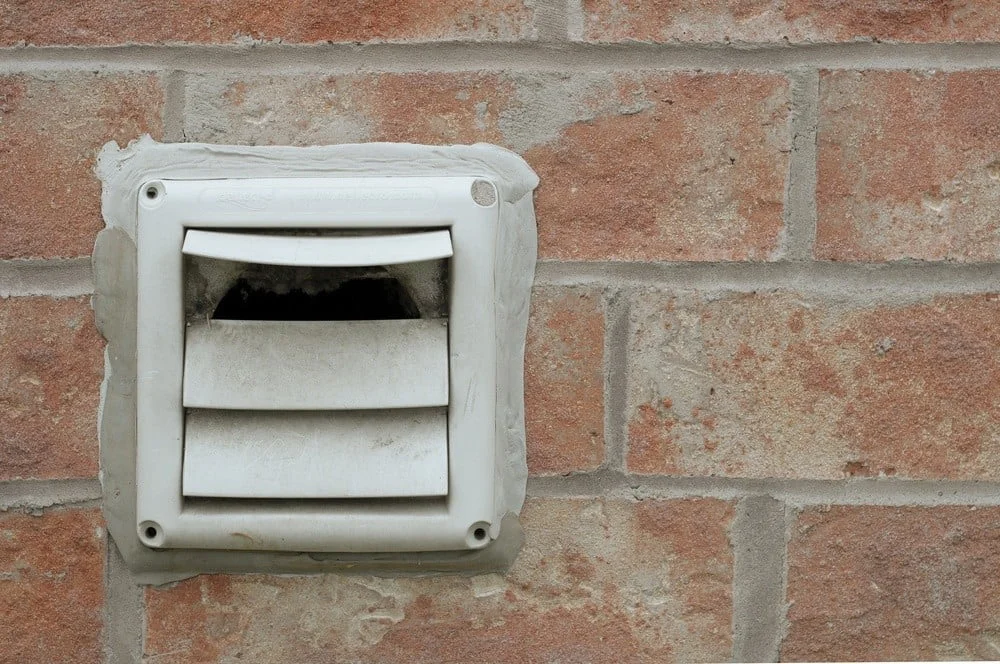
Lint is a highly flammable substance, and it doesn’t help that it’s constantly next to a heat source. Make sure your property’s dryer-lint trap and vents, and the effort could prevent one of the leading causes of house fires. Again, house fires are not only damaging to your property, but they are dangerous natural disasters that often cause loss of life. Protect your investment as well as your tenants, and clean out dryer vents and lint traps frequently.
Your to-do list is intimidating, but your investment doesn’t have to be.
We hope that you cover all the bases when it comes to managing your rental property, but sometimes accidents happen. It’s impossible to know every little maintenance task that needs to be done on your property, and sometimes these things are overlooked. If you have any stories of maintenance mishaps, we’d love to hear them! Send us a comment, and your story could be told in an upcoming blog.
Meanwhile, New Western is growing and we are working to establish ourselves in real estate markets coast-to-coast. With a widening reach, our number of investment properties is growing every day, and investors have even more chances to earn a profitable ROI.
Our off-market properties are exclusive, and each one is pre-screened to guarantee a great ARV. This off-market inventory is available to the public and not listed on MLS, so you can get a head-start on a premium property with a huge profit margin.
New Western will work to build up your real estate investment portfolio, and provide you with the best advice, resources, and deals available. Wary of the state of the economy? Don’t be. Work with New Western , and 2018 could be your year.
